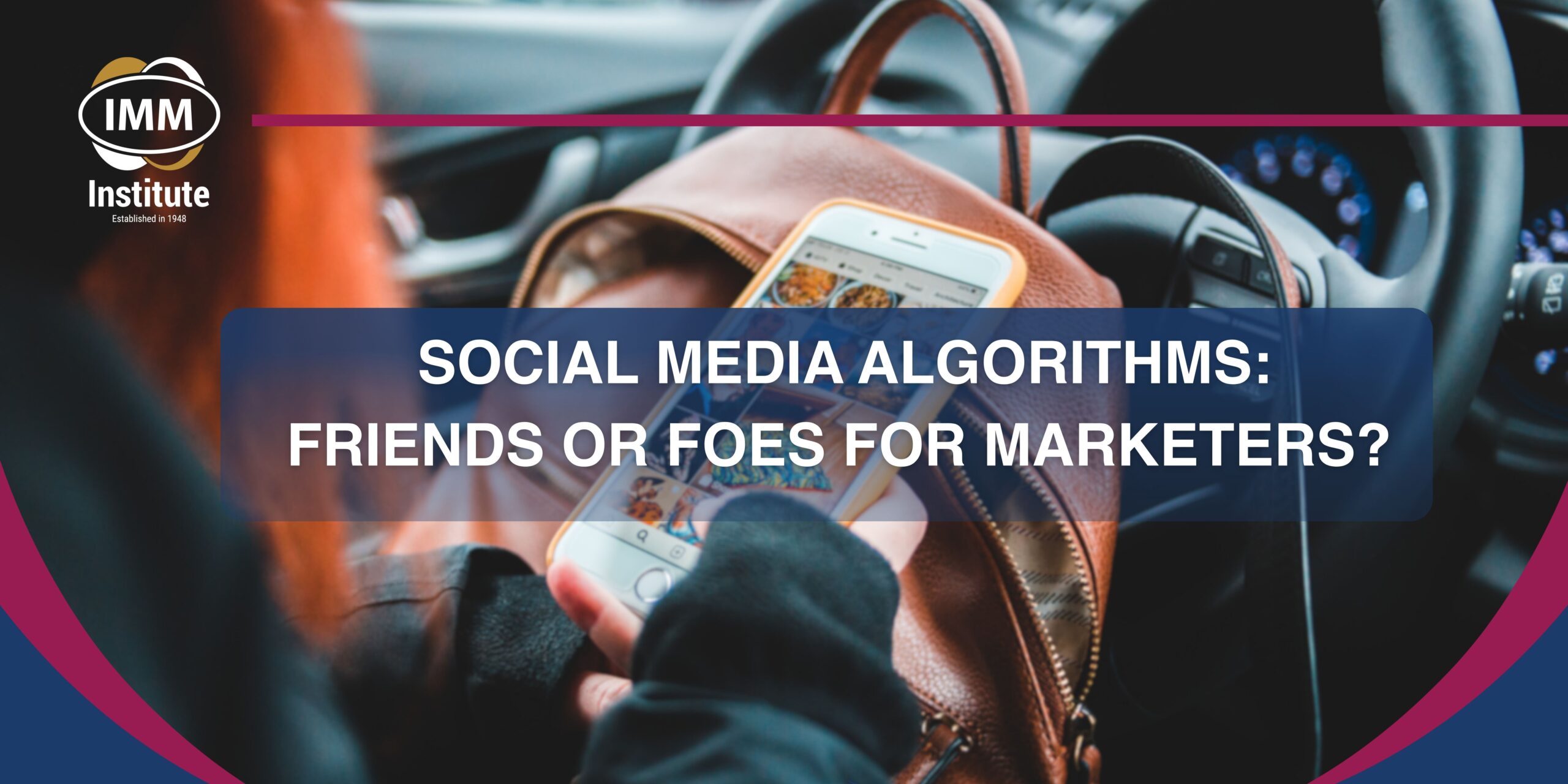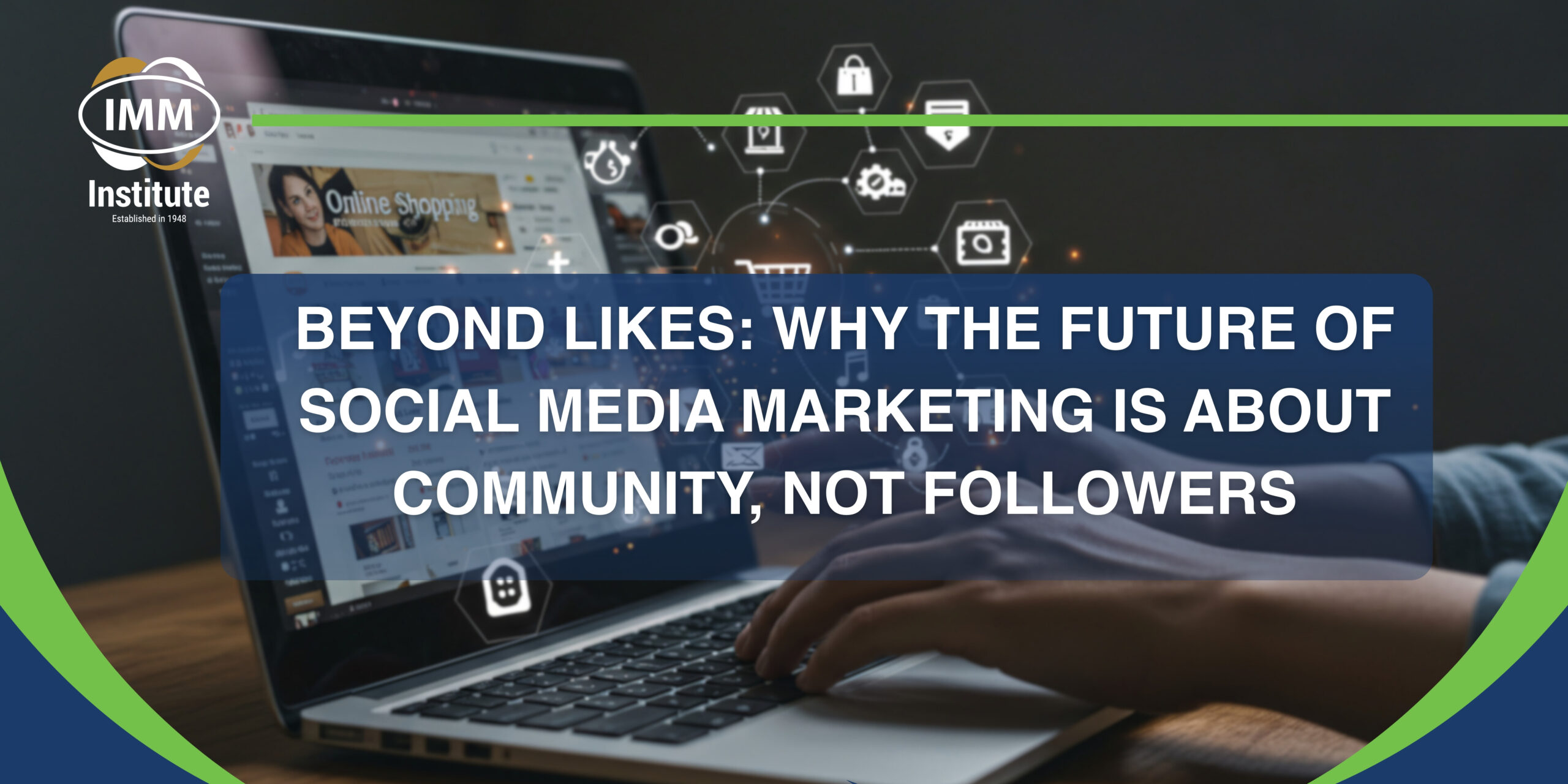The AI Revolution in Marketing
Developments in AI has caused automation, improved data analysis, and exact personalisation, which have majorly changed marketing techniques. A popular AI tool is chatbots which are an effective way for businesses to respond to client enquiries. Another popular AI tool is predictive analytics, which helps marketers predict how their target markets and customers will behave. These tools have been proven to drive user engagement and conversion rates.
Ethical Considerations in AI Usage
AI tools used in marketing often need data to function properly, and this data comes from target markets and existing customers. Since customer data collection and the use of it requires extreme caution, privacy and data security have become hot topics. To maintain privacy and data security, marketers need to inform their target markets and customers of how their data is being used and these individuals need to be able withdraw their consent at any time. Another consideration is accountability, where marketers need to make sure AI algorithms aren’t biased and won’t treat particular customer groups unfairly.
The Role of AI in Consumer Understanding
AI drastically cuts down the time humans, and even data analytics tools, would have used to read over and examine huge amounts of customer data to find patterns and trends. For examples. AI tools are able to segment target markets into groups based on to their purchasing patterns, behaviour, and tastes, which will allow marketers to create targeted marketing campaigns. But, this can be seen as unethical if the customers have not given consent to their data being used. Marketers have to ensure that they have received consent and that the data is gained ethically to build customer trust and to respect privacy.

Case Studies and Real-world Examples
Coca-Cola is known for using AI in product development. They have used AI to study customer trends and feedback to design new and improved campaigns, flavours and products. Another example is Spotify which uses AI to create individuals music playlists and suggestions that fit the individual listener. This improves the listener’s experience on the app without having infringed on their privacy as Spotify only followed their listening patterns.
Getting Started with Ethical AI in Marketing
AI technologies and tools that have ethical considerations built in should be given top priority by marketers. Examples of this are tools that have strong data protection features and bias detection algorithms already built in. Marketing teams also need to be taught how to use AI ethically even if the tools have built in ethical considerations. A culture of accountability can be promoted by putting best practices into effect, such as getting clear consumer consent for data use and keeping openness in AI-driven decision-making. Establishing standards for the ethical application of AI also contributes to ensuring that these values are consistently upheld.

In conclusion
Prioritising ethical and responsible usage is an important step forward for the marketing industry as AI continues to change the way things are done. AI-driven marketing strategies need to be underpinned by fundamental values such as protecting privacy and data protection, upholding accountability, and preserving openness. Adopting these moral guidelines will help marketers develop creative, successful campaigns and win over consumers’ trust.
The IMM Institute‘s “Marketing In The Age of AI” short course is in align with these ideas. With the help of this course, marketers will be able to get ahead of the AI-curve in marketing while sticking to ethical standards.
















